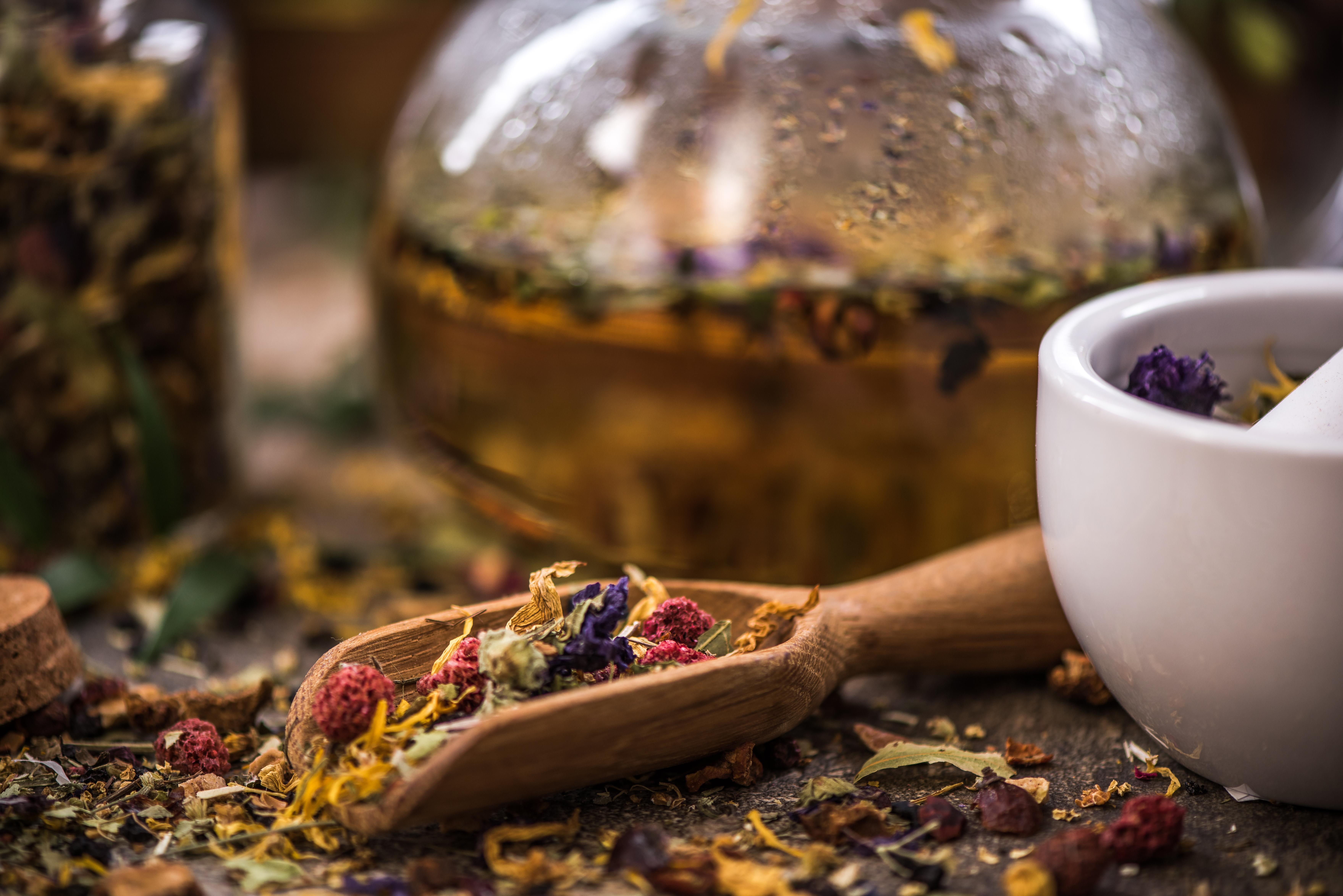15 Expert-Backed Secrets for Unlocking Your Best Night's Sleep
9. The Impact of Alcohol and Caffeine - Substances That Sabotage Sleep

Alcohol and caffeine are two of the most commonly consumed substances that can significantly impact sleep quality. While they may seem like harmless indulgences, their effects on sleep can be profound. Understanding how these substances influence sleep can help you make informed choices that support restful nights. Caffeine is a stimulant that affects the central nervous system, increasing alertness and delaying the onset of sleep. It blocks the action of adenosine, a neurotransmitter that promotes sleep, making it harder to fall asleep and reducing sleep duration. The effects of caffeine can last for several hours, so it's important to limit consumption, especially in the afternoon and evening. If you're sensitive to caffeine, consider switching to decaffeinated beverages or herbal teas in the latter part of the day. Alcohol, on the other hand, is a depressant that can initially promote relaxation and make it easier to fall asleep. However, alcohol disrupts the sleep cycle, particularly REM sleep, leading to fragmented and less restorative sleep. It can also exacerbate sleep disorders such as sleep apnea. To minimize the impact of alcohol on sleep, avoid consuming it close to bedtime and limit overall intake. By being mindful of your consumption of alcohol and caffeine, you can reduce their negative effects on sleep and enjoy more restful nights.
10. Embracing Natural Light - Synchronizing Your Body's Clock

Exposure to natural light is a powerful regulator of the body's internal clock, or circadian rhythm. Natural light, particularly in the morning, helps synchronize this rhythm, promoting alertness during the day and restful sleep at night. Embracing natural light can enhance sleep quality and improve overall well-being. Morning light exposure is especially beneficial for regulating the sleep-wake cycle. It signals to the brain that it's time to wake up and be alert, setting the stage for a productive day. Spending time outdoors in the morning, even for a short walk, can help reinforce this natural rhythm. If outdoor exposure isn't possible, consider opening curtains or blinds to let in natural light. In contrast, minimizing exposure to artificial light in the evening is important for promoting sleep. Blue light from screens can interfere with the production of melatonin, making it harder to fall asleep. To counteract this, reduce screen time in the evening and consider using dim, warm lighting in your home. By embracing natural light during the day and minimizing artificial light at night, you can support your body's natural sleep-wake cycle and enjoy more restful nights.
